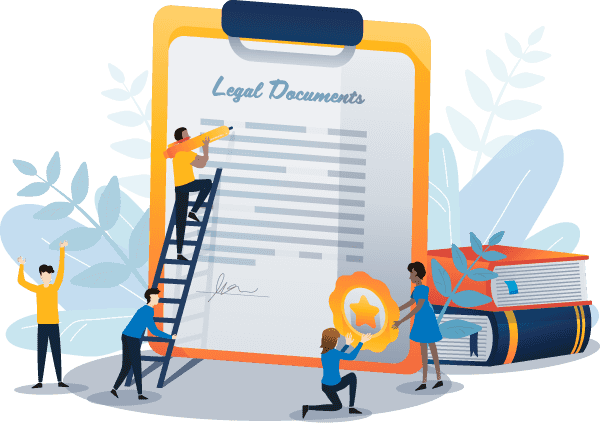If you are a company director, you’ll know that you only have limited liabilities for your companies actions and conduct. However, directors will be responsible for the insolvent trading of their companies. Accordingly, there are a range of legal consequences of insolvent trading. It’s important to know what they are to ensure you are engaging in proper legal business conduct.
What is Insolvent Trading?
The definition of insolvent trading is provided for in the Corporations Act 2001 (Cth). Under section 95A, a company is solvent if the company “is able to pay all of its debts, as and when they become due and payable“. However, a company “that is not solvent, is insolvent.” Now, this is a bit of a circular statement. But, the Corporations Act is basically saying that companies who are unable to pay their debts are insolvent companies. This is a heavy responsibility that all companies must abide by. But, there would be little chance that commercial transactions would ever work if companies were not required to pay back their debts. So, to ensure commercial and economic efficiency, the Corporations Act imposes this positive duty to refrain from insolvent trading.
All in all, a company will be ‘insolvent’ when the company cannot pay back its debts when required. Accordingly, a company may be engaging in insolvent trading if:
- The company already has debts it cannot pay back and continues to enter into transactions,
- It is likely the company will become insolvent if it does not attempt to pay its debts back,
- The company makes no reasonably efforts to pay its debts back in a timely manner.
For more information and why different types of companies may become insolvent, see our article “When Does a Business Become Insolvent?“.
Who is liable for Insolvent Trading?
The Corporations Act sets out the requirements to prevent insolvent trading. The Act also sets out the consequences and potential defences for insolvent trading. Now, if insolvent trading is present, the company director(s) will become liable for the illegal conduct. Why the company directors? Don’t they have limited liability for the companies actions? Well, company directors do enjoy limited liability, it is one of the many perks of incorporating a company. However, when it comes to illegal conduct, it is the directors who will be liable. This is called lifting the Corporate Veil. Accordingly, the veil of protection will no longer work to protect directors from their companies liabilities. At the end of the day, company directors are responsible for their companies.

Customise and download your first document with us for free.
Create, eSign & download 300+ important legal & business documents on our platform.
Get startedThe Consequences of Insolvent Trading
A company director will be in “hot water” if they breach insolvent trading laws. There are a range of consequences for insolvent trading. A company director may:
- Face civil penalties or compensation equal to the loss or damage caused,
- Face criminal penalties or upto 5 years in gaol or compensation equal to the loss or damage caused,
- Be disqualified by ASIC from managing any other corporation for up to 5 years.
Now, the maximum civil penalty that can apply to a director is up to $200,000. Also, the maximum criminal penalty that may apply is up to $220,000. However, in terms of compensation, the payment is potentially unlimited. As the compensation payment is unlimited, this means that directors may have to pay back the full amount of debts owed to creditors or liquidators.
Therefore, a director whom is guilty of insolvent trading will face harsh legal consequences. However, there are 4 potential defences available for company directors. These defences are briefly outlined below.
Potential Defences
These defences may be available to argue against a directors liability for insolvent trading. Thus, a director may be protected against the consequences of insolvent trading if:
- There were reasonable grounds to expect the company was solvent,
- Some competent and reliable person had provided information to support the fact that the company was solvent at the time,
- The director did not take part in the managing of the company because of some illness of other good reason,
- The director took all the reasonable steps necessary to prevent the company from incurring debt.
Look learn more about these potential defences to insolvent trading, see our article “A Guide to Insolvent Trading Defences in the Corporations Act“.
Key Takeaways
Engaging in insolvent trading is a serious breach of the Corporations Act. This breach can leave company directors liable for the companies debts, resulting in an extremely stressful situation. The consequences of insolvent trading should not be ignored. Company directors may find themselves paying large penalties and amounts of compensation to the courts, creditors or liquidators. Also, directors can be disqualify from managing corporations or even face gaol-time. Always remain focused and informed on your companies actions and work to pay off company debts in a reasonable time.






